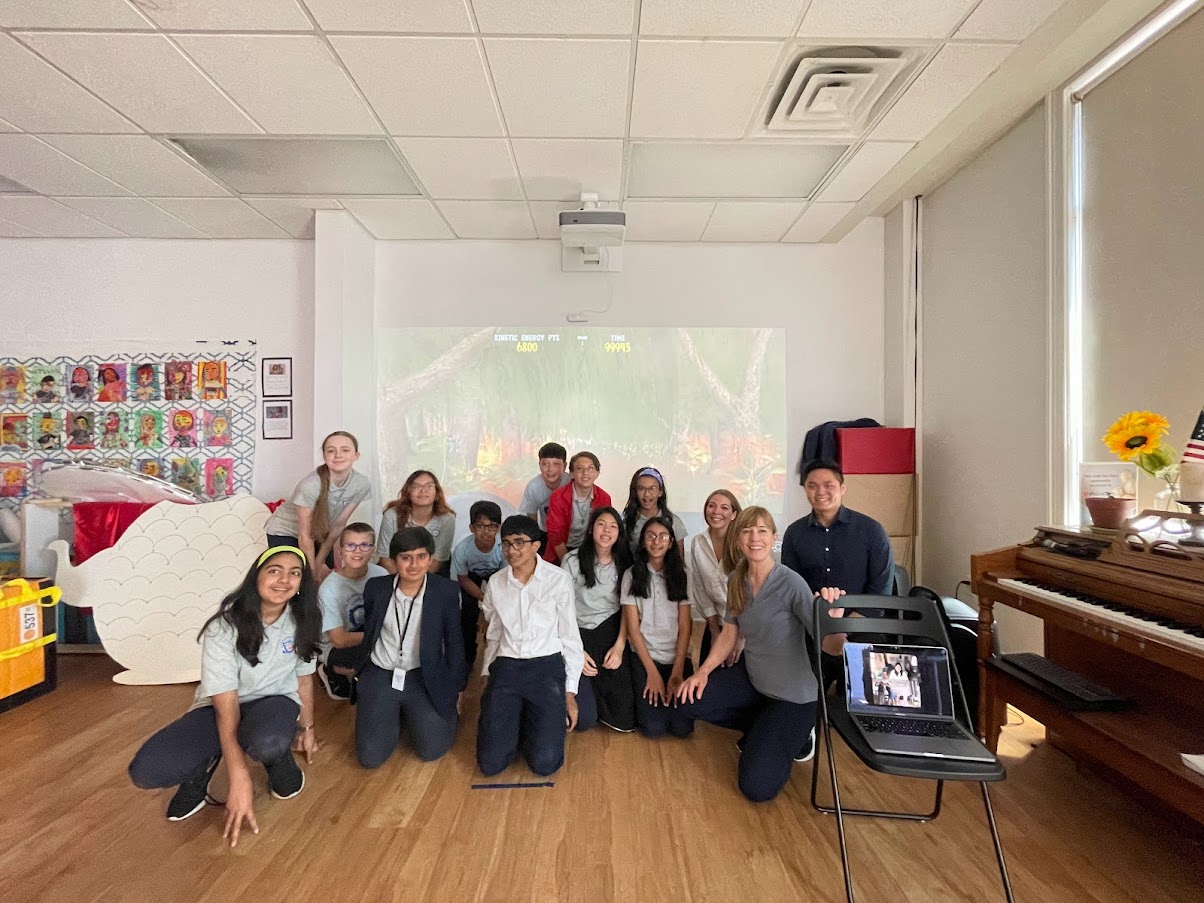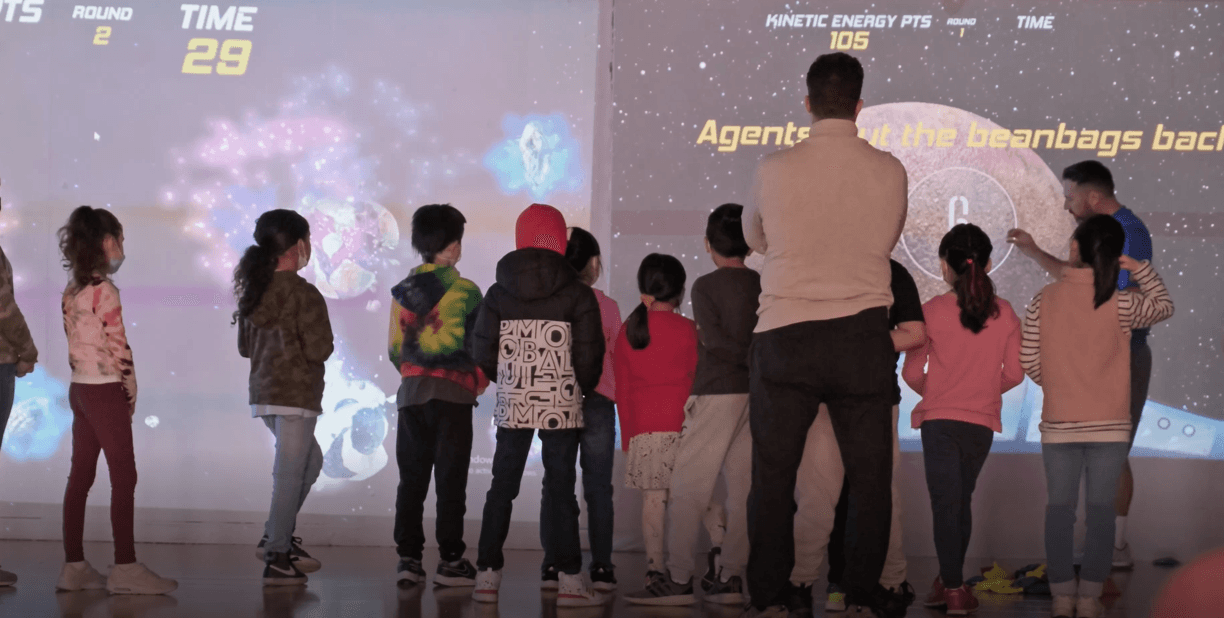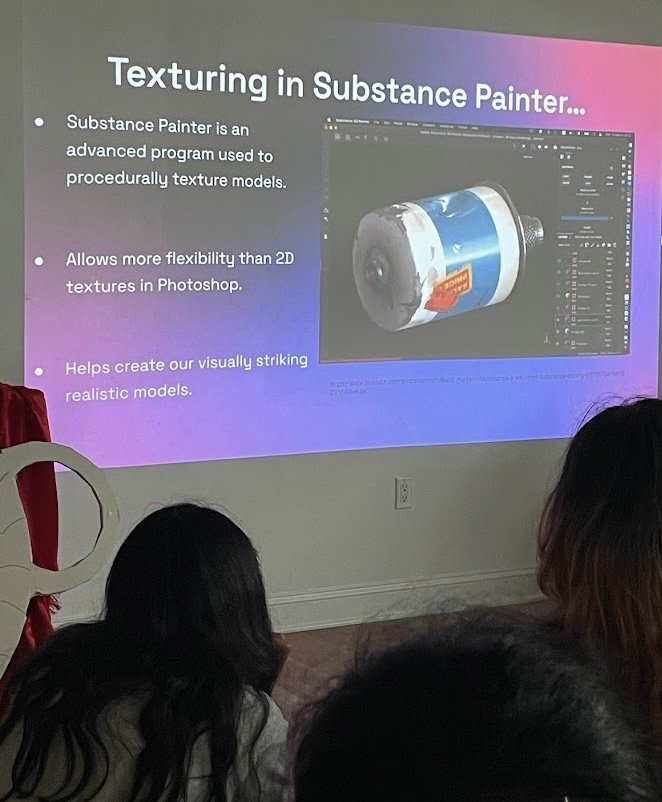Interested in a partnership that combines that thrill of gaming with the power of education?
CREA believes in harnessing the immense potential of gaming to enhance learning experiences and cultivate crucial STEAM-focused skills in students.
The CREA philosophy is based on design thinking and experiential project-based learning. Students tackle real-world problems through research and analysis, conception of original ideas, and experimentation to come up with concrete solutions.
Design Thinking allows CREA to take the lead from kids on how best they learn, move and engage, helping to create activities and experiences that they love and want to continue playing.
GAMESTORMING. IDEATION. CREATION
Gamestorming is a term used in the world of gaming to describe collaborative and creative brainstorming….
Crea is the root word for create. In the context of ideation, "create" refers to the process of generating new ideas, concepts, or solutions. Ideation is a critical phase in problem-solving, innovation, and creativity, where individuals or groups engage in brainstorming, exploration, and experimentation to develop novel and valuable ideas.
The CREA philosophy is based on design thinking and experiential project-based learning. This approach provides powerful tools for innovation, that specifically encourage creative confidence, imaginative worldbuilding, brainstorming capability, empathy, observation and collaborative skills while deepening environmental awareness. We also believe that active play and movement not only stimulate and enhance creativity but are opportunities for design exploration as well.
Kids learn the fundamentals of design thinking as it applies to gaming, and will be introduced to all the steps involved in the game development process; from research and planning to production and play testing. We offer students the opportunity to research and brainstorm ways to solve environmental problems; understand concept art principles such as mood boards, 2D modeling, and drawing while working with different mediums such as sculpture, collaging and creative building (dioramas, blocks and legos). They learn the basics of animation/VFX art in game design using Procreate, Animated Drawings, Adobe After Effects, Photoshop, and Premiere Pro. The basics of coding will be explored using C#, Python and/or Scratch depending on each student's age and level of understanding code.
Playtesting is a critical phase in the development of our games. It involves having our student testers engage with the prototype they helped design to evaluate its game mechanics, look and feel, and overall user experience.
The primary goal of playtesting is to gather feedback and identify any issues or areas for improvement. We iterate on this feedback several times before the game is officially released to their friends!







